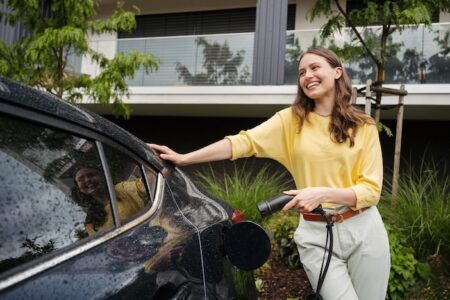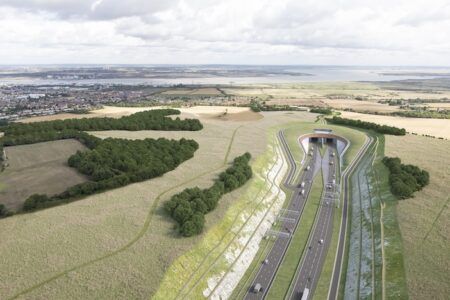The UK government has announced new funding opportunities under the Industrial Strategy Challenge Fund’s Faraday Challenge, which aim to make the country a world leader in low carbon vehicle technology, with additional investment in new connected and autonomous vehicle (CAV) technologies.
UK Business Secretary Greg Clark has unveiled new funding to: support the UK’s position as a leader in the design, development and manufacture of future batteries for vehicle electrification; and set up a new facility to work on new technologies to propel the development of low carbon vehicles, through the Advanced Propulsion Centre (APC). In addition to the Faraday Challenge opportunities, up to £25m (US$32.5m) has been allocated for furthering research in connected and autonomous vehicles.
The Faraday Challenge is one of a series of challenges set by the UK government as part of its Industrial Strategy, which will see £246m (US$320m) invested in battery technologies over the next four years to support the low carbon economy.
As part of the Faraday Challenge competitions, the Department for Business, Energy and Industrial Strategy (BEIS) and Innovate UK have up to £30m (US$39m) available for collaborative research and development projects for new battery technologies for the electrification of vehicles, and up to a further £10m (US$13m) for feasibility studies, with applications due by mid-September.
The research and development projects are expected to range in size from £1m-£15m (US$1.3m-US$19.5m) and last up to three years, with feasibility studies to range in size from £150,000 to £1m (US$195,000-US$1.3m) and last from 3-12 months.
The APC will fund one project for a new state-of-the-art battery manufacturing development facility that is anticipated to cost in excess of £40m (US$52m), with construction expected to last a maximum of 24 months, and the facility operational by early 2020.
Separate to these competitions, the Faraday Challenge will support activities across research, innovation and scale up, including a call by the Engineering and Physical Sciences Research Council (EPSRC) to establish a virtual research institute, plus associated research into battery development.
The Business Secretary also announced two competitions to encourage projects that show how connected and autonomous vehicles can work in the real world, which will be funded by the Centre for Connected and Autonomous Vehicles (CCAV). Up to £23m (US$30m) is being made available for collaborative research and development projects, and up to a further £2m (US$2.6m) for feasibility studies




